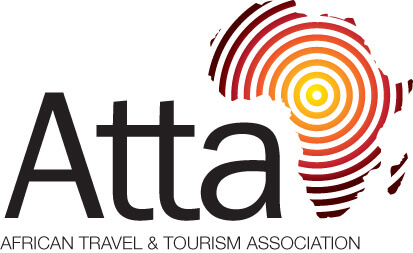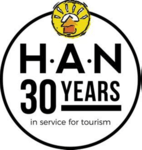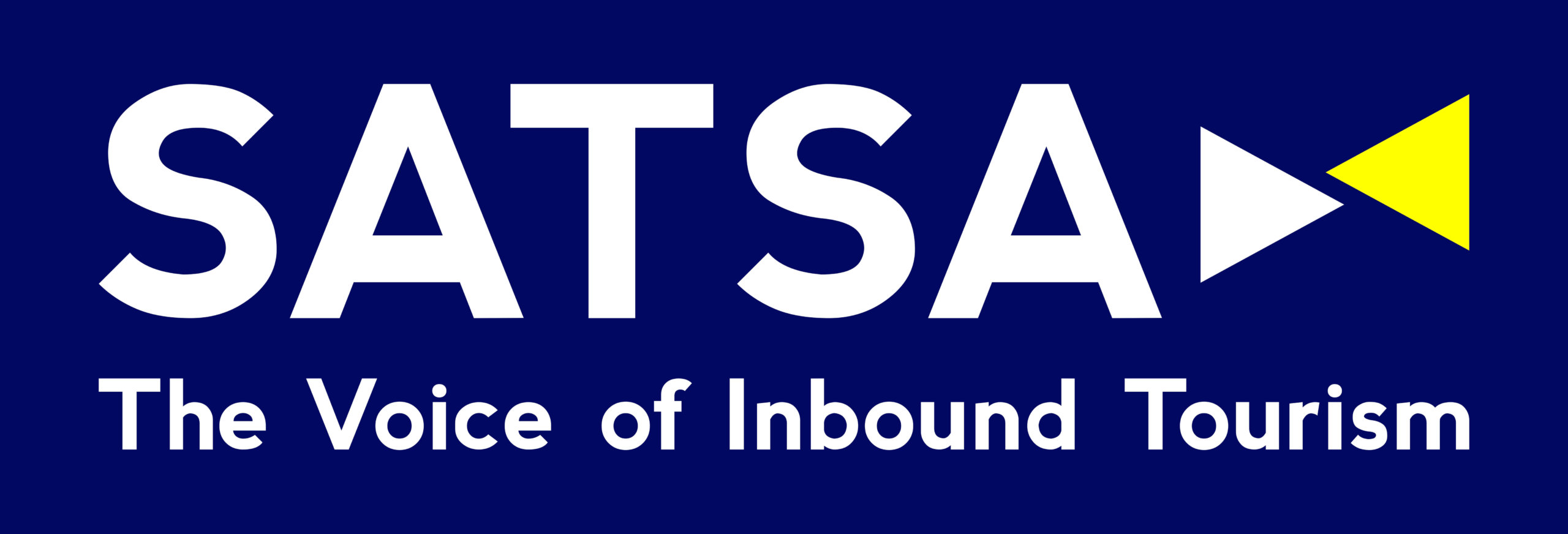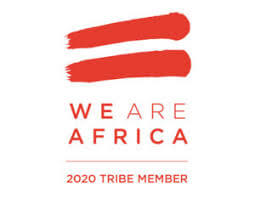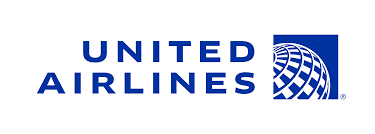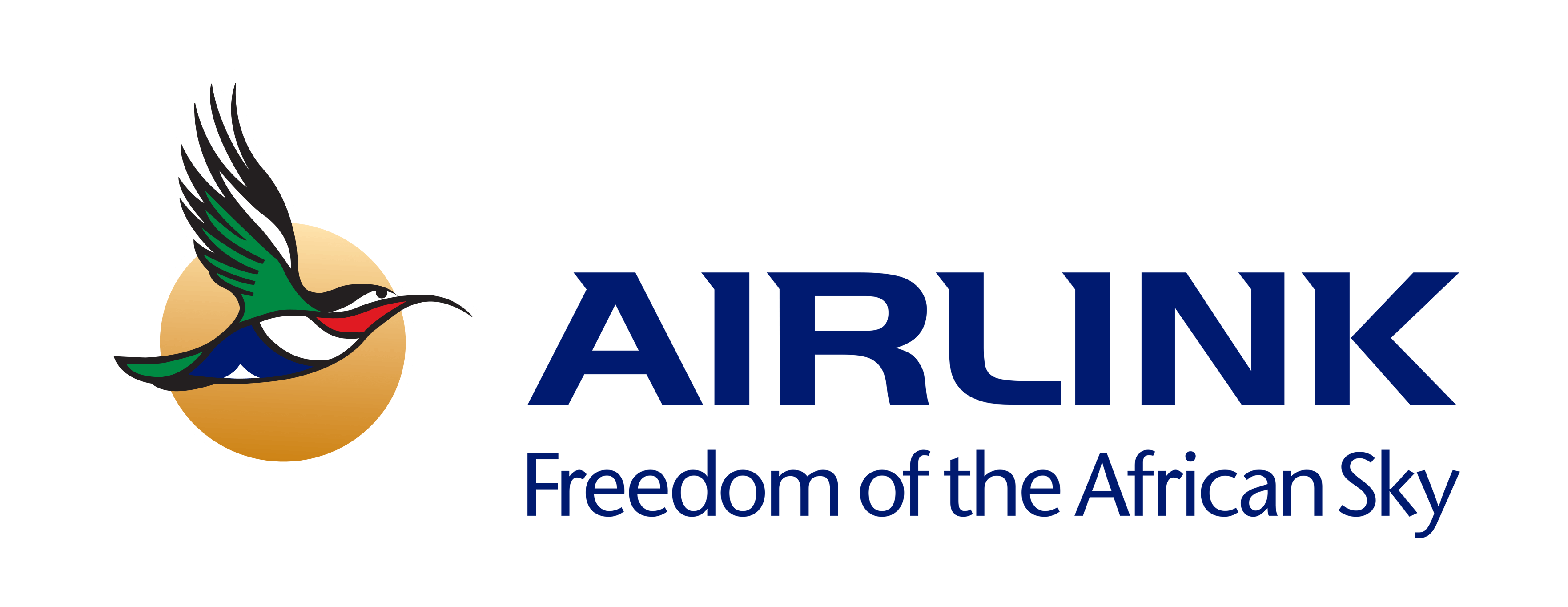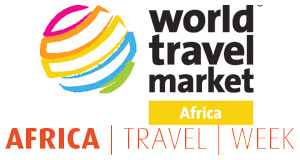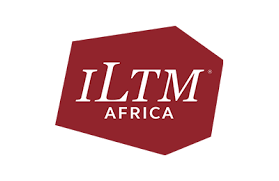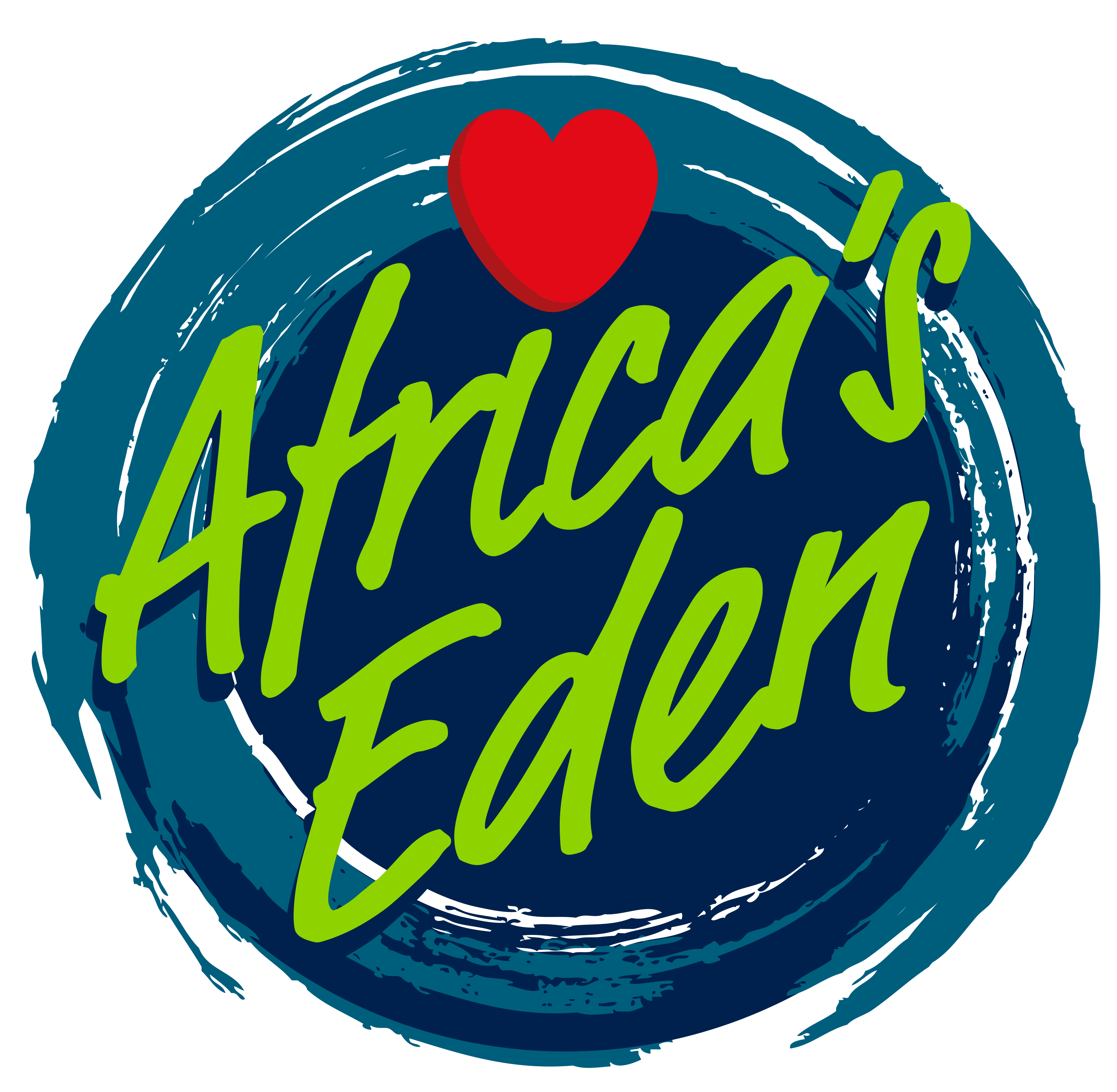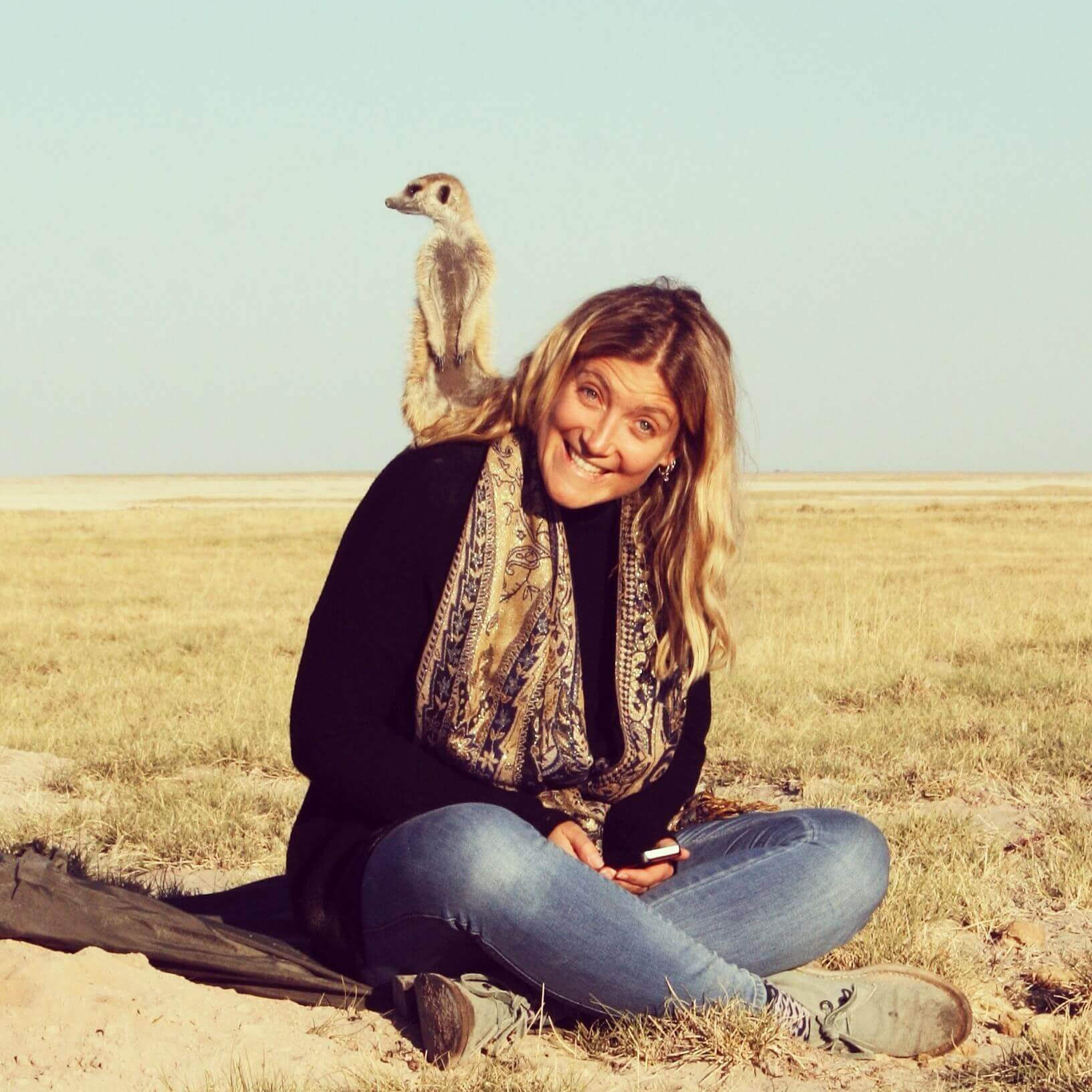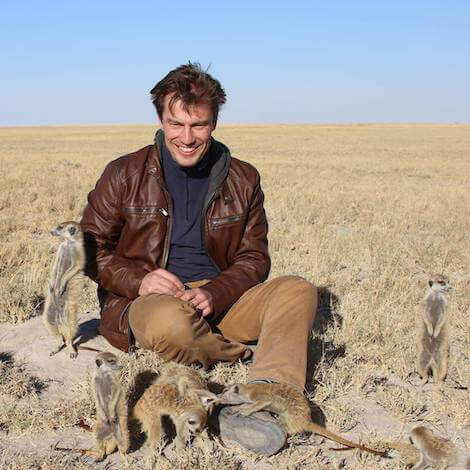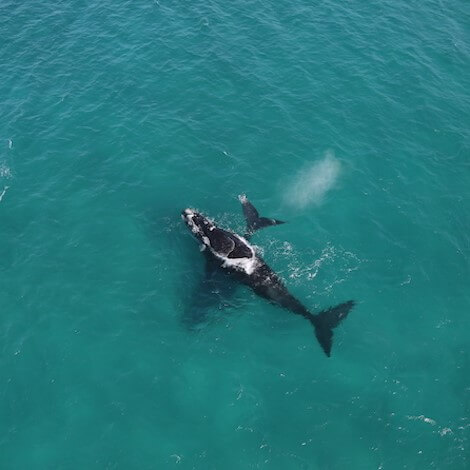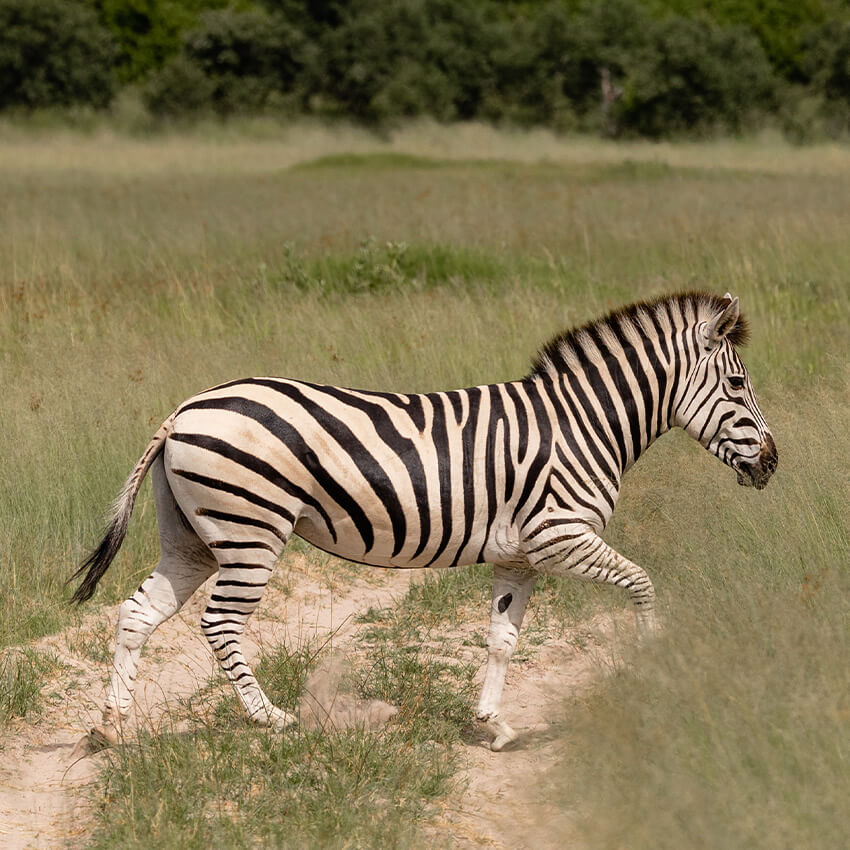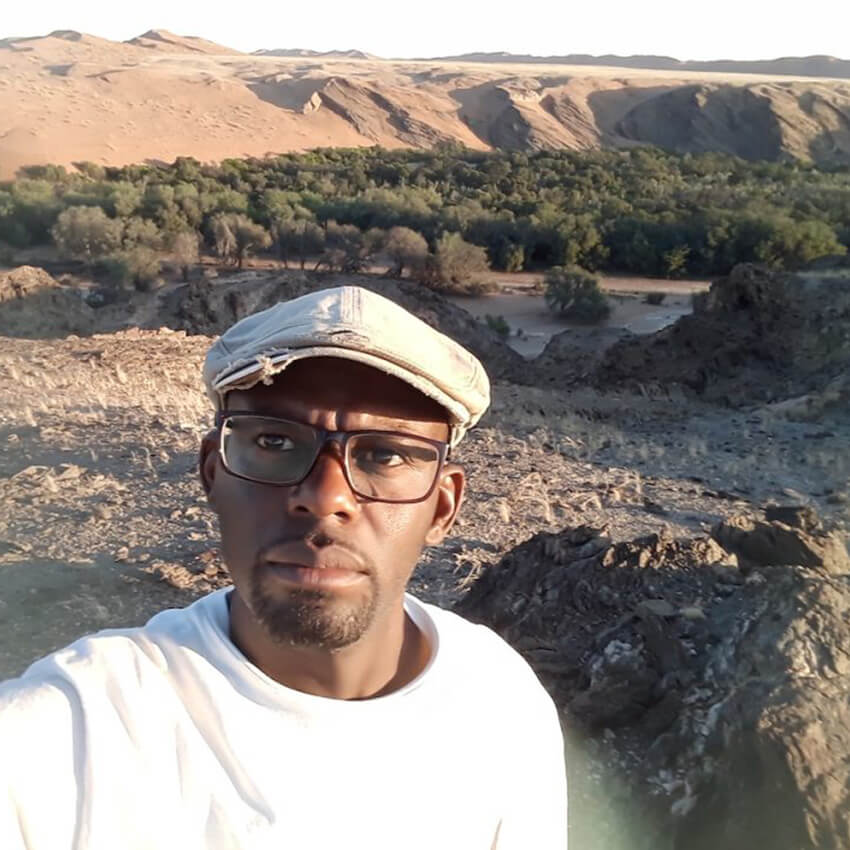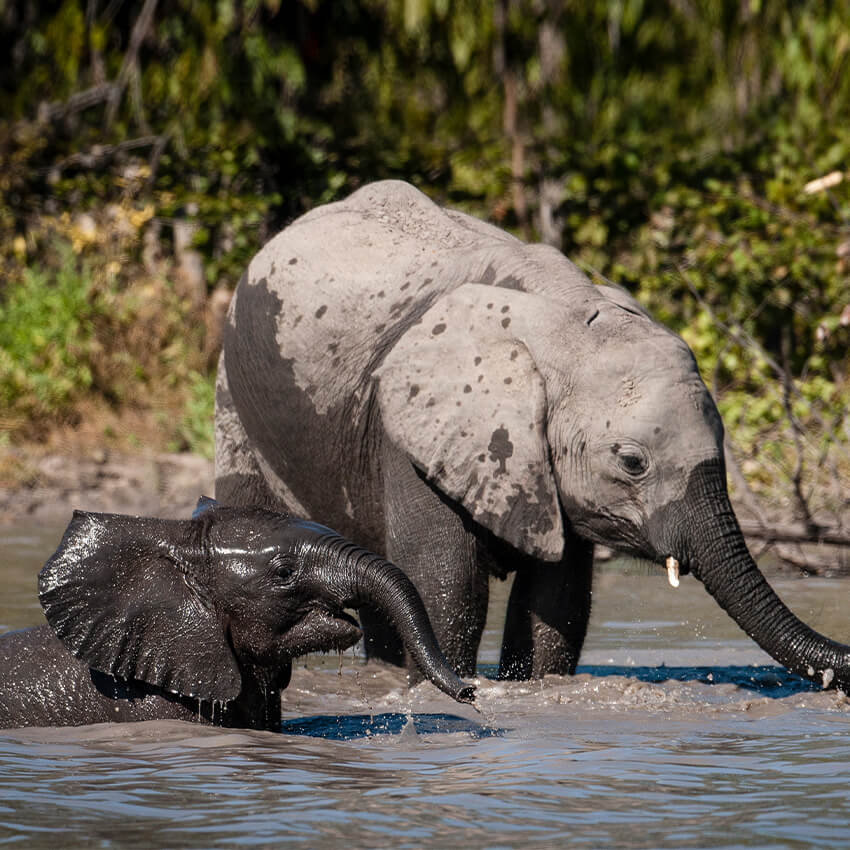Active
Popular
World Environment Day 2024: Land Restoration
 Dr Jennifer Lalley, Pru Allison, Murray McCallum
Dr Jennifer Lalley, Pru Allison, Murray McCallum
 June 05, 2024
June 05, 2024
“We abuse land because we regard it as a commodity belonging to us. When we see land as a community to which we belong, we may begin to use it with love and respect.” – Aldo Leopold
For far too long, our planet has been plundered, but World Environment Day on June 5th 2024 aims to shine a light on the work being done, and the work that is still to be done, to restore our global land. As the UN’s Environment Programme states, ‘we are the generation that can make peace with the land.’
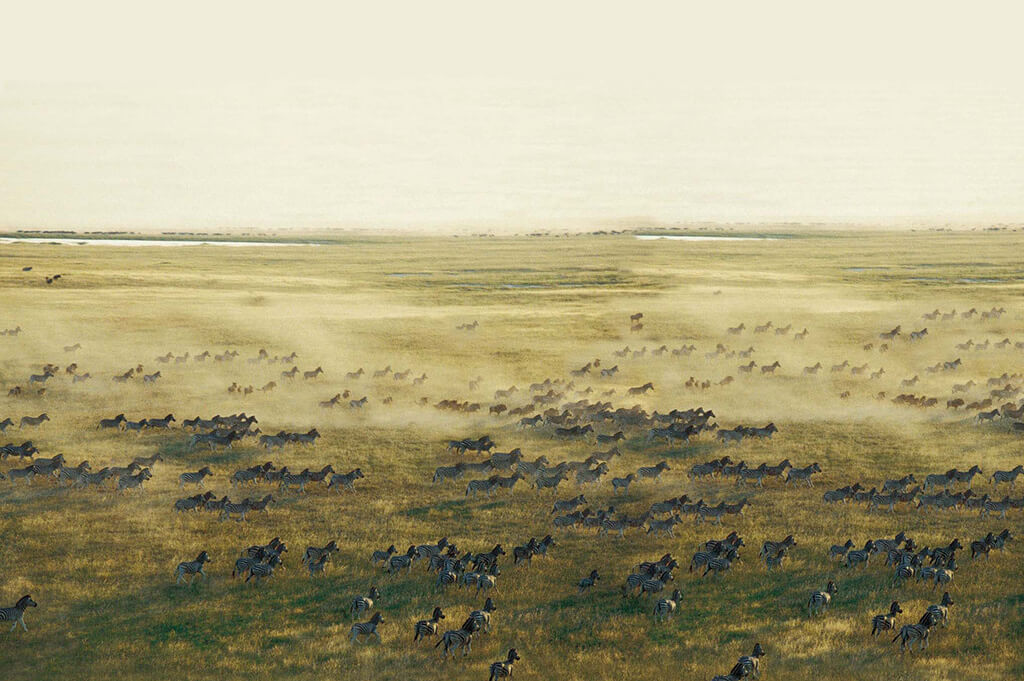
Natural Selection is a company that was founded by conservationists and since our inception we’ve been committed to environmental conservation and protecting Africa’s important wildlife areas for the benefit of future generations. Not only are we custodians of over 1.6 million hectares of land, but many of the initiatives that we support, have a positive contribution to protecting and restoring the planet’s wildest places and landscapes. Our Makgadikgadi Large Mammal Migration work in Botswana is a great example of this.
Along with our conservation partners on the ground, we’re working towards the long-term restoration of a large mammal migration route that originates in the Okavango and Chobe areas and moves down to the Makgadikgadi National Park and back.
Up until the 1960s, this was the longest and likely the largest migration of zebra and wildebeest in the whole of Africa. Unfortunately land use changes meant that extensive fencing was erected across these migration routes to accommodate European standards for beef production, bringing the annual journey to an end. This left zebra and wildebeest trapped and reliant on fewer resources. After 50 years, the migration re-emerged with the help of a few fence demolition-driven elephants. Also after 50 years, the landscape through which this migration had previously flourished was much changed, calling for conservation action.
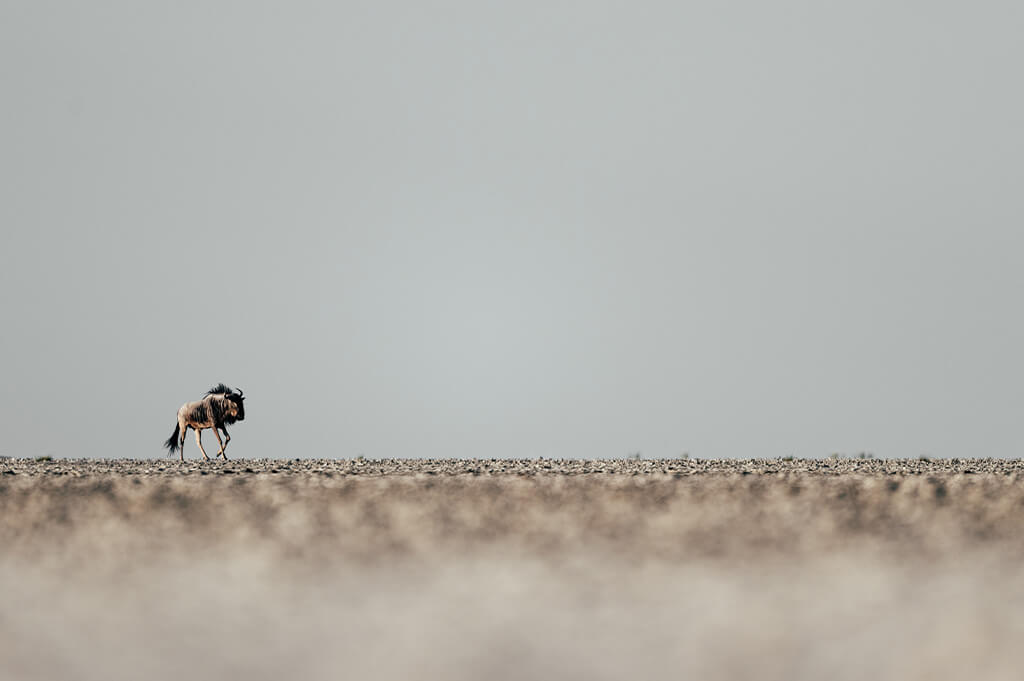
Natural Selection was established just as this renewed migration was taking a strong hold, so it’s been one of our key conservation foci from our beginning. We are addressing the migration challenges through a multi-faceted programme that researches land usage and resources to support informed land use planning; establishes carefully placed water points where water used to linger longer; and empowers local people with education and tools for living alongside wildlife. Our aim? To restore an unhindered path for migrating large mammals in the Makgadikgadi area.
As part of this multifaceted approach, we have addressed the important issue of surface water availability. In partnership with the Department of Wildlife and National Parks and our operating partners Uncharted Africa, we funded the installation of artificial waterholes inside the park and in an adjoining concession in support of the renewed migration. This was followed by two important studies that we have funded into water usage: one looking at surface water usage by cattle and another that considers surface water usage and impacts by migrating mammals in relation to climate change “Impacts of Surface Water on Herbivore Ecology and Socio-Ecological Knock-On Effects”. The climate has always posed a challenge in this part of the world, but with climate change it’s swinging with alarming frequency towards extremes that were previously rarely seen. Natural surface water is integral to the survival of both livestock and wildlife and both projects will provide key data for developing land use plans for the area that benefit all stakeholders.
One of the largest stakeholders in the Makgadikgadi landscape is the elephant. In an effort to better understand elephant movement in relation to this changing landscape, we are also funding elephant collaring and tracking, which is being carried out by one of our conservation partners, Elephants for Africa. Elephants were not as abundant in the 1960s before fences were erected. But as more and more elephants moved out of dangerous areas and into Botswana, there became an even greater need for restored movement of large mammals between Botswana’s protected areas.
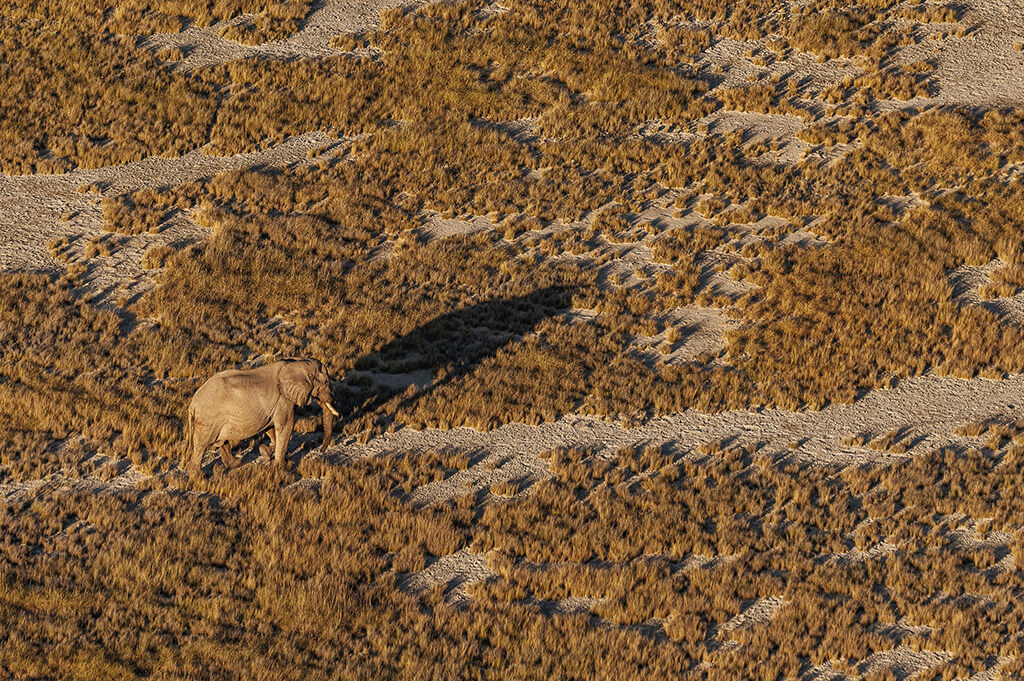
The elephant movement study will shed light on which areas are of ecological importance and which are likely to lead to encounters with humans. “We have collared elephants that help us identify key corridors between protected areas,” shares Founder and Director of Elephants For Africa (EFA) Dr Kate Evans. “We have had one elephant travel between the Makgadikgadi Pans National Park and Hwange National Park in Zimbabwe.”
Although we place great importance on understanding the movements of wildlife and their landscape needs, without addressing human wildlife conflict (hwc) and education, these efforts would be in vain. Our hwc mitigation efforts and conservation education programmes are an important part of the conservation puzzle, and help to foster landscapes in which animals and people can more easily co-exist. To bring tools for coexistence and conservation education to the local people in this area, we partnered with EFA and Coaching Conservation through our Meno a Kwena Camp.
“Education is absolutely key to the success of any conservation programme.” says Natural Selection’s Chief Impact Officer, Dr. Jennifer Lalley. “Our partnership with EFA brings Living- With-Wildlife Strategy Workshops and elephant proof fencing to farmers challenged by crop raiding elephants. Also in this area are children who never knew they lived next to a national park. We bring awareness through monthly Environmental Club meetings that we fund and co-run with EFA at the Moreomaoto primary school and through an innovative sports-based conservation programme run by our close partners Coaching Conservation. Our guides who come from the area play an important role in all of these activities and really carry the torch for us and for wildlife.”
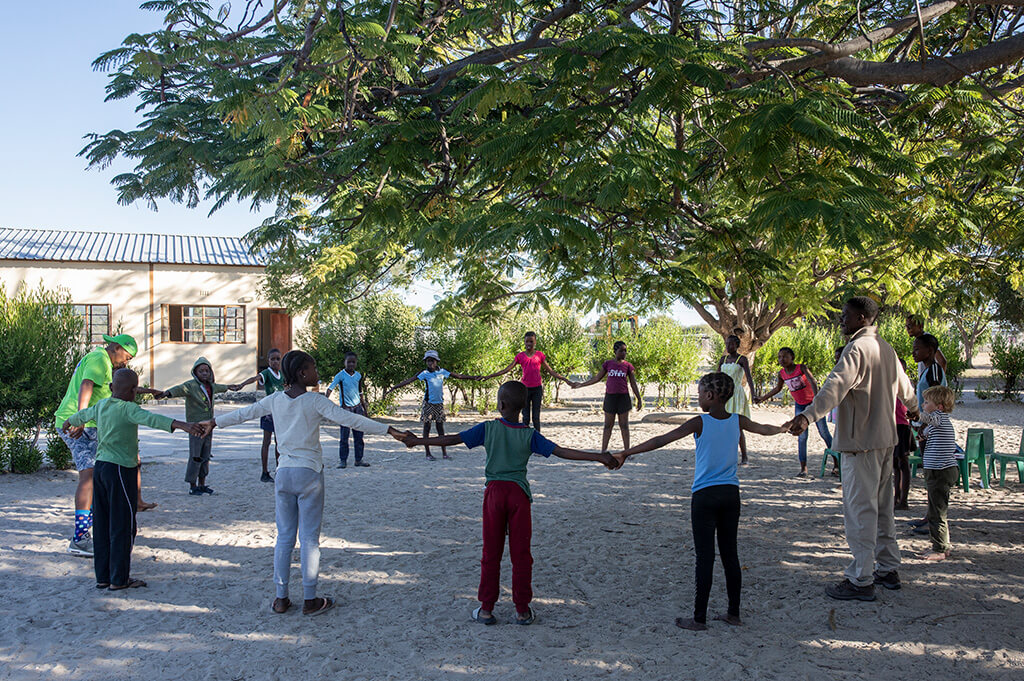
Each of these projects aims to empower people with knowledge, tools and a sense that land and wildlife are part of our community and not our commodity as Aldo Leopald so aptly pointed out.
The people who fully understand this concept are Botswana’s Bushmen communities. Later this year, we will be introducing a new component of the migration support work that embraces the traditional knowledge embedded in the culture of the Kalahari Bushmen. AIA N!ORE Mothers 4 Nature project, run by Aleksandra Orbeck Nilssen, strives to create an environment where indigenous wisdom and the nurturing spirit of Ju/’hoansi mothers serve as cornerstones for the protection and preservation of the Makgadikgadi and Botswana’s Kalahari. Indigenous knowledge adds tremendous value to land use planning and will be an important consideration for Makgadikgadi’s future. This programme will be based out of Jack’s camp area, so watch this space…
In the meantime, celebrate World Environment Day with us in honour of your favourite places in nature.
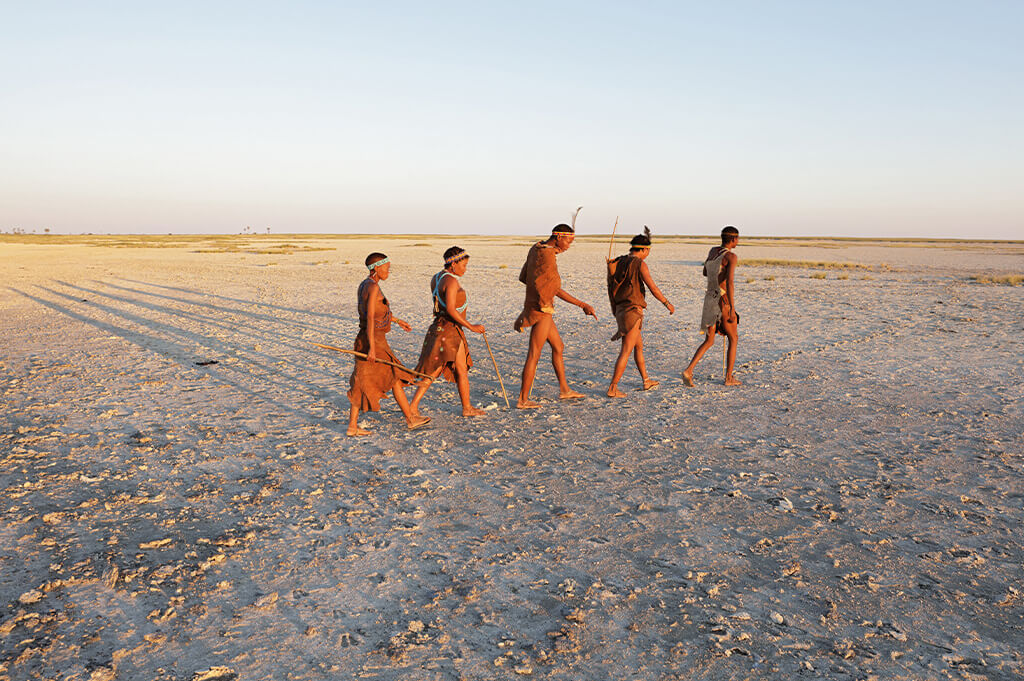
Special Offers
Our special offers are designed to help you experience everything southern Africa has to offer whilst also saving some all-important pennies. Whether you’re about to embark on a once-in-a-lifetime solo trip, or are celebrating a special occasion, have a peek at our offers and see what could be in store for you.
